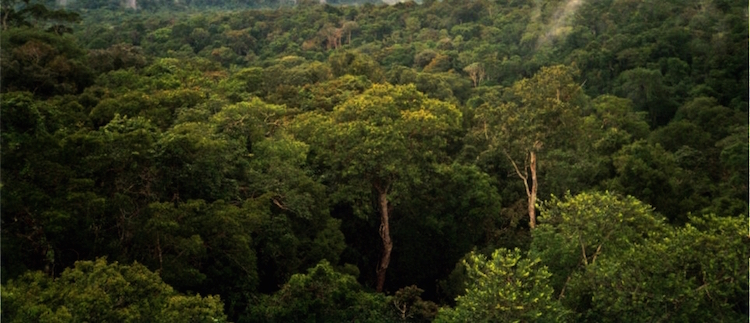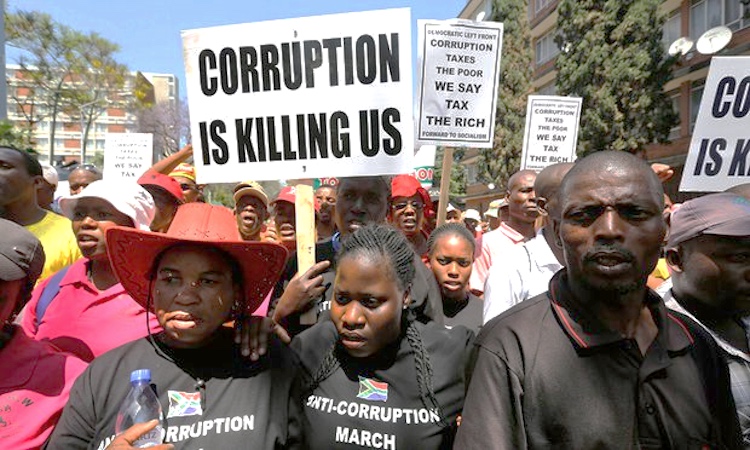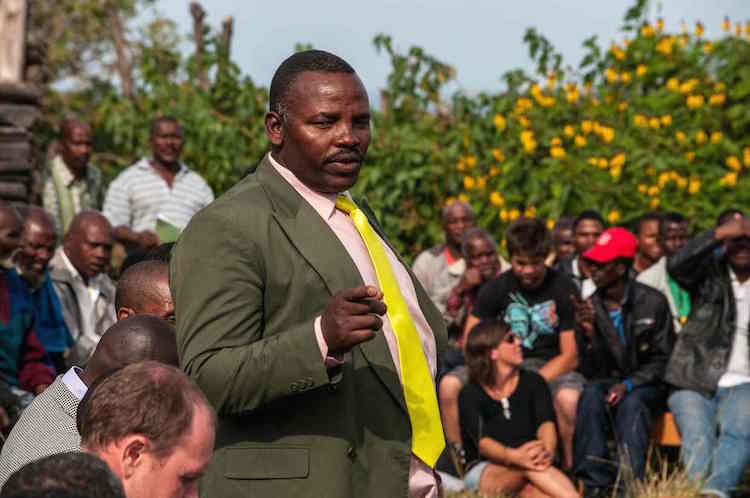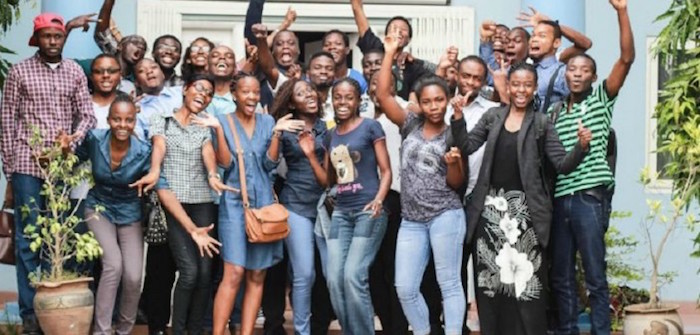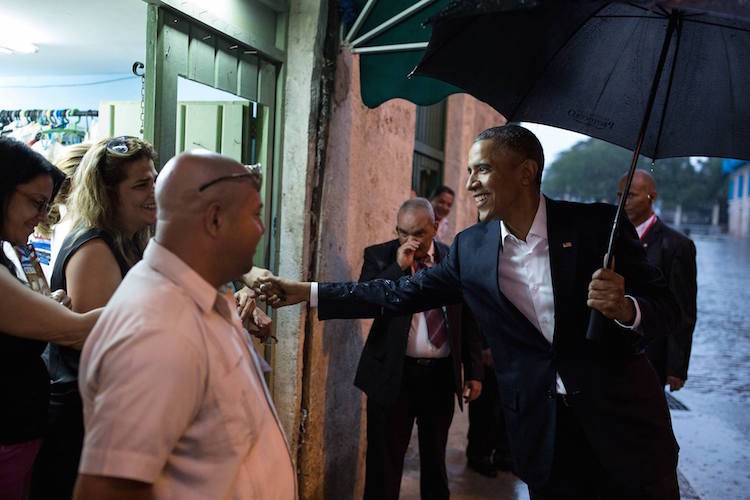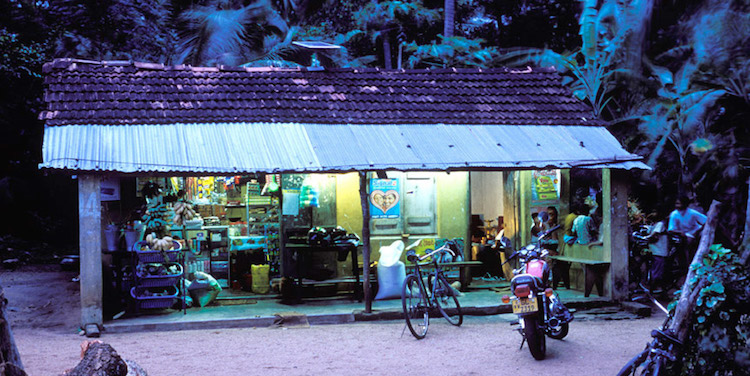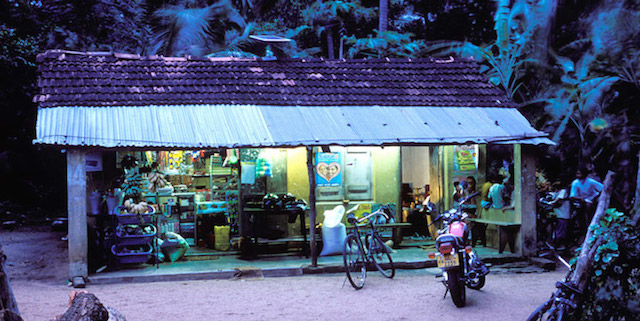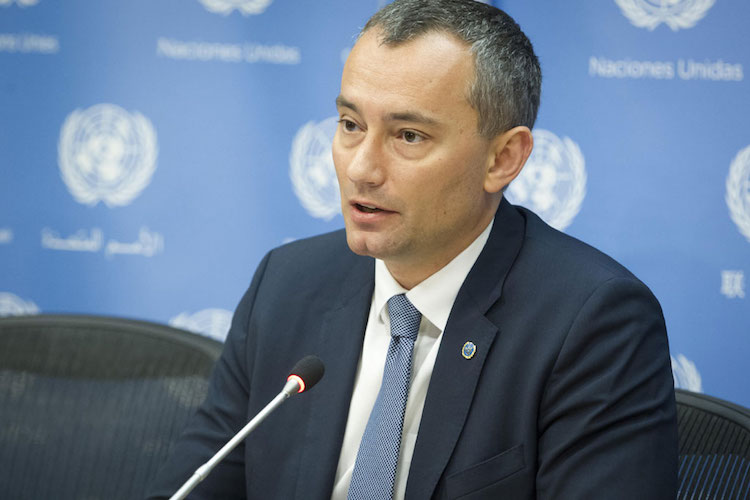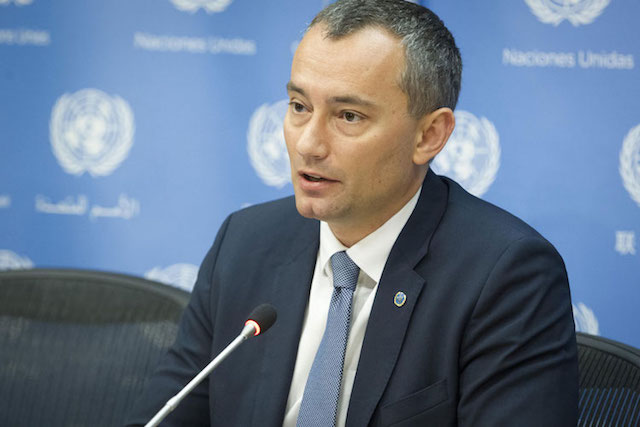Analysis by J C Suresh
TORONTO (IDN) – The Arctic Partnership announced in Washington, D.C. by U.S. President Barack Obama and Canadian Prime Minister Justin Trudeau has been welcomed by Executive Secretary Braulio Ferreira de Souza Dias of the UN Convention on Biological Diversity (CBD).
Although focused on climate action, the partnership agreed on March 10 has far-reaching consequences for biodiversity in the Arctic, including the role of indigenous peoples and their traditional knowledge, he said.
Opened for signature at the Earth Summit in Rio de Janeiro in 1992, and entering into force in December 1993, the CBD is an international treaty for the conservation of biodiversity, the sustainable use of the components of biodiversity and the equitable sharing of the benefits derived from the use of genetic resources.

